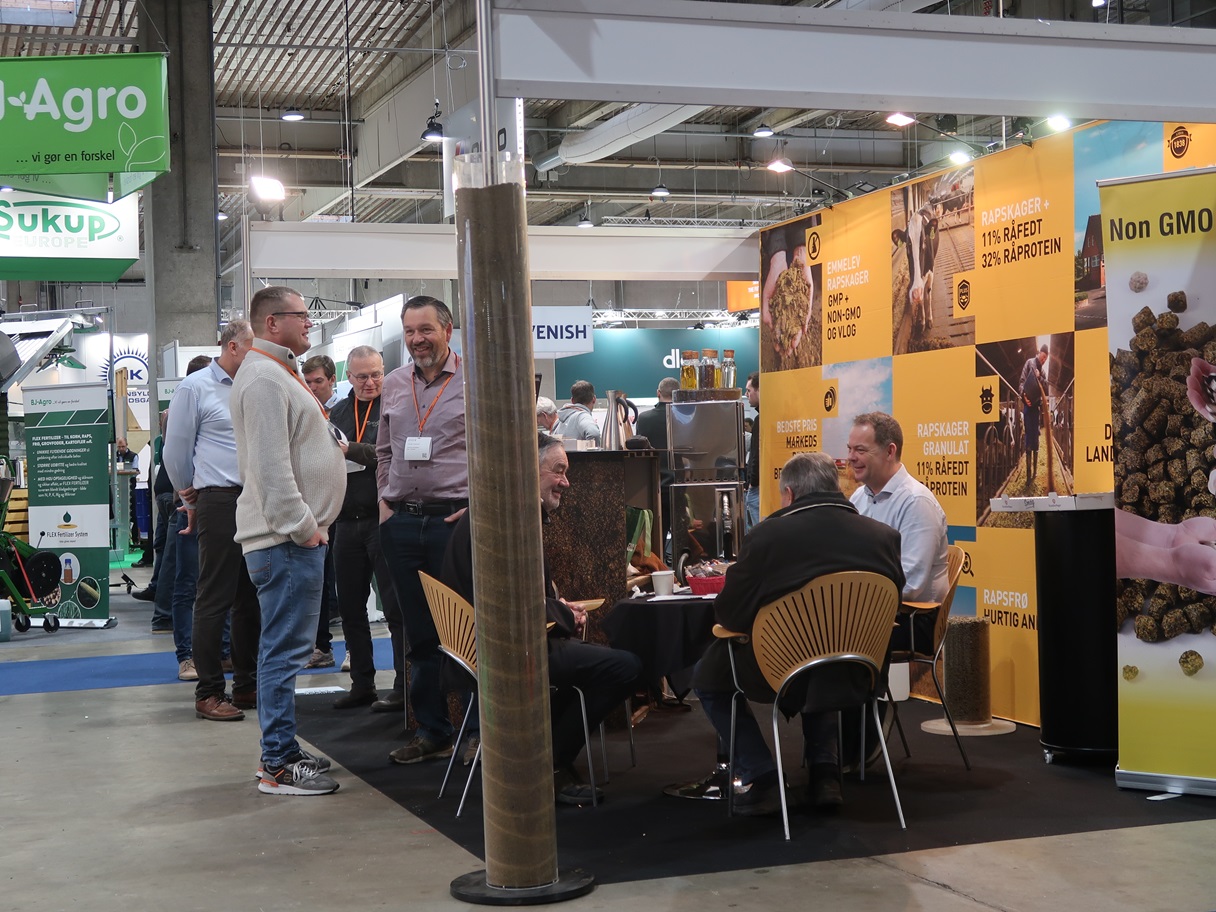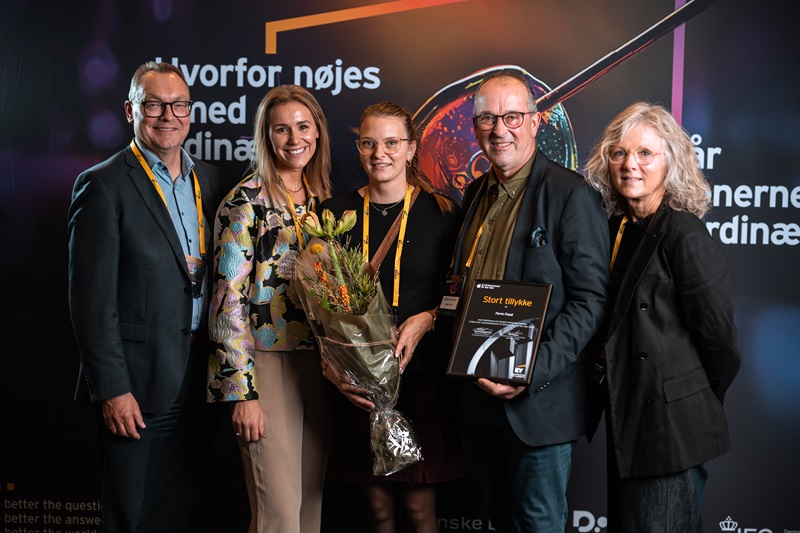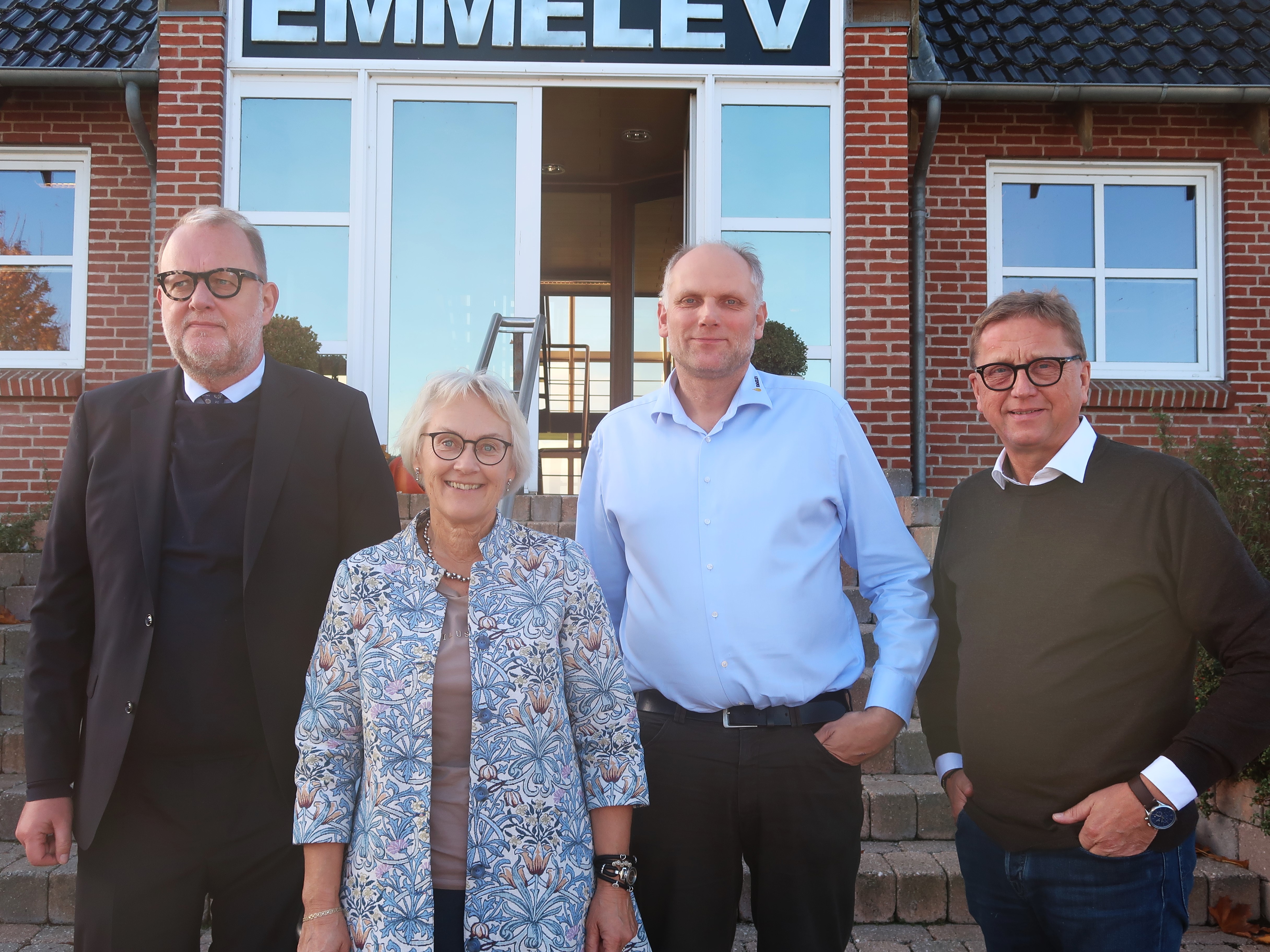A development in consumer demand was in focus when the Danish Agriculture and Food Council held a conference on plant-based foods.
Plant-based products are losing ground in the markets. Consumer demand is falling, and therefore there is a need to change, according to a debate between three experts at the Plant-Based 2025 conference in Herning in may.
The conference was organized by the Danish Agriculture and Food Council in collaboration with Vestjyllands Andel and took place shortly after Ferm Food, a company under Emmelev, received permission from the EU to use rapeseed cakes as a basis for the production of ingredients for food for humans.
Consumersdon't want to buy a plant-based ground beef, which may have a resemblance to a regular ground beef but doesn't taste like a steak.
"Plant-based steaks are not meat as it would otherwise appear to look, and consumers are discovering that. No more imitations, and instead plant-based products should be included as natural ingredients in brand new food products, said R&Ddirector Line Bach Christensen, KMC.
"It'salso about the gap between what we say and what we do. Many people may have intentions of eating plant-based foods, but when they are in the supermarket or sitting at the dinner table, it is a different matter, explained Line MunkDamsgaard, Head of Department at the Danish Agriculture and Food Council.
She believed that taste, time, price and quality are the decisive factors.
Unfortunately, there have been plant-based products on the market that did not quite live up to the taste parameters, and it is difficult to get consumers to return after abad experience, she said.
Line MunkDamsgaard believed that food producers must go in new directions:
I believe in the combination of something plant-based and animal. The journey from meat to plant is difficult to make, but a stepping stone on the road can be a combination of part plant-based, part meat-based. Then consumers can get to know the new flavors, said Line Munk Damsgaard.
The same line of thinking is echoed by the development director, Søren Lange, FERM FOOD. He did not participate in the conference, but at home he is in full swing experimenting his way to products that can make it onto the market.
There areno imitation sales that do not interest the group of meat-eaters because it isnot meat, and that vegetarians reject because they do not want anything that looks like meat.
I think many consumers would like to have something plant-based that they can eat as aside dish on their plate or on their own. It doesn't matter that they can see and taste that it's a different product. The way forward is to make plant-based products that consumers want to eat because it tastes good, says Søren Lange.
After the EU permission to use rapeseed cakes in human nutrition, he has worked on developing products and, for example, including a small part of the fermented rapeseed cakes in bread. The rapeseed extends the shelf life of the bread, and it provides a supplement of important proteins in addition to tasting good.
Thus, he is experimenting with including the fermented rapeseed cakes in gluten - free bread and in darker sandwich breads.
On a global scale, sandwich bread sells an incredible amount, and if we can ensure a greater shelf life, it doesn't matter if the bread becomes a little darker," says Søren Lange.
Back at the conference, Head of Public Affairs, Bonghi Engel, Arla Foods Ingredients,explains that a development is underway:
Overall, we have an obligation to contribute with healthy nutritionally good nutrition to a growing population globally, and we must avoid polarizing the debate. Therefore, it is good if we can help consumers become more confident in their choices.
- I grew upon good old-fashioned yogurt with strawberries as breakfast. Today, they eat Kefir and get lactose-free milk, so there is a development, says Bonghi Engel.





